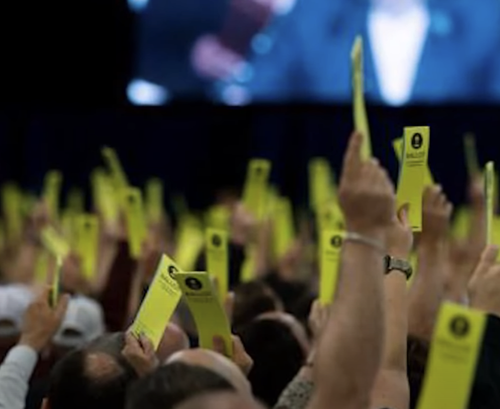The massacre occurred during a Sunday Mass, but it wasn't an ordinary Sunday – this was the great feast of Pentecost, which marks the end of the Easter season.
What's more, the gunmen didn't strike in tense northern Nigeria, where Christian communities are isolated in a majority-Muslim region. This 30-minute attack was inside St. Francis Catholic Church, located in the safer southwestern state of Ondo.
While 40 worshippers were confirmed dead, including five children, the number was almost certainly higher since many families buried their dead privately. Another 100 were wounded.
The scope of this attack was "unique," especially in southern Nigeria, but "this violence … was not unique in its occurrence," stressed Stephen Rasche, senior fellow at the independent Religious Freedom Institute in Washington, D.C. "These types of murders are taking place weekly, almost daily, in Nigeria – murders of innocent Christians, being gunned down, slaughtered indiscriminately, throughout the north and, increasingly, into the central part of Nigeria and into the south."
Human-rights activists are trying to document the bloodshed. According to the nondenominational watchdog group Open Doors, the 4,650 Christians killed in Nigeria during 2021 accounted for 80% of such deaths worldwide – nearly 13 per day. Nigeria's Christian death toll has topped 60,000 over the past two decades.
Nevertheless, this year's International Religious Freedom Report from the U.S. State Department said the "Secretary of State determined that Nigeria did not meet the criteria to be designated as a Country of Particular Concern for engaging in or tolerating particularly severe violations of religious freedom or as a Special Watch List country for engaging in or tolerating severe violations of religious freedom."
It's understandable that news reports about Nigeria have faded, in part because of Russia's invasion of Ukraine and pressing global economic issues, said Rasche, who visited Nigerian churches during this Holy Week and Easter.
Also, many Western leaders view atrocities in Nigeria as clashes between Christian farmers and Muslim cattle herders, with climate-change issues erasing safety zones between these groups.




